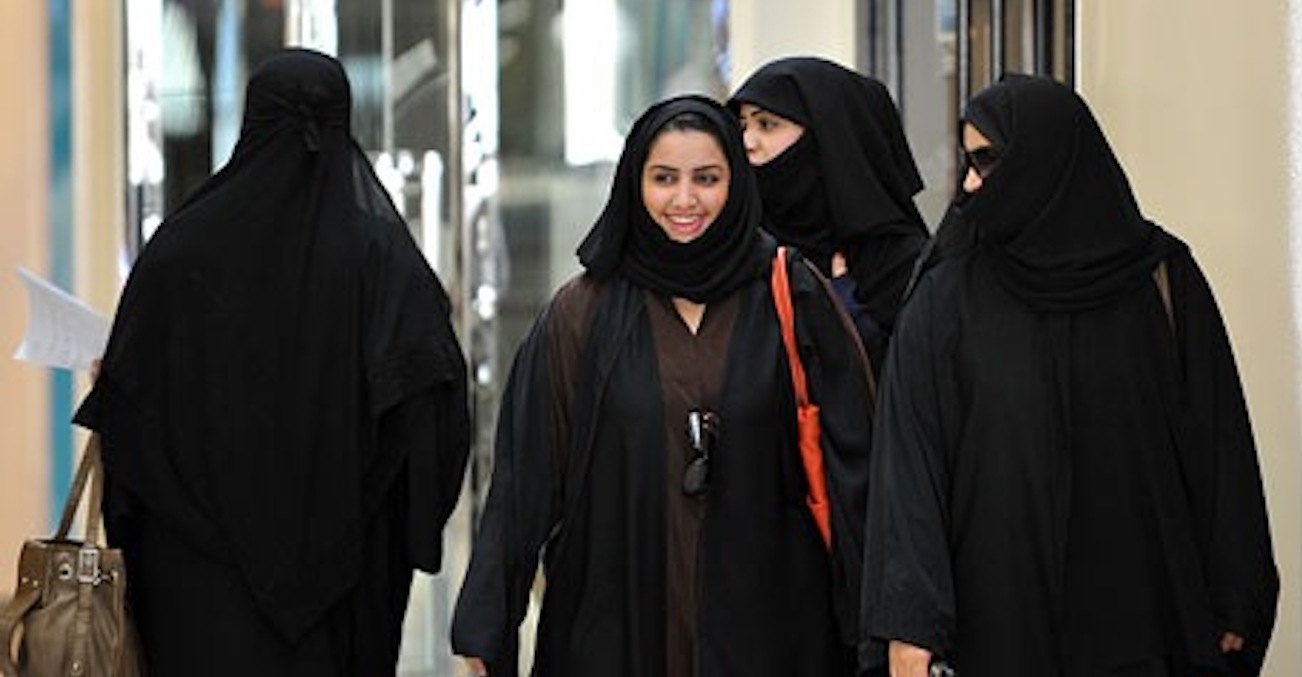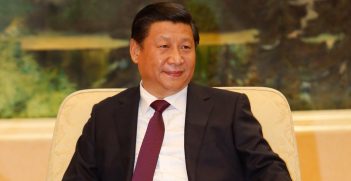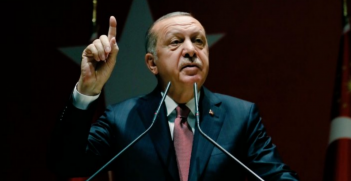Saudi Arabia: Economic Modernisation and Authoritarian Maintenance

Saudi women will for the first time be allowed to drive this week on 24 June. However, arrests of feminist activists show that the authoritarian state portrays itself as the only possible agent of change.
The distribution of driver’s licences to Saudi women this month comes as a precursor to the removal of gendered road restrictions that have characterised the politics of the desert kingdom for decades. This policy has been heralded by Riyadh as a signal of its commitment to modernise and distance itself from its ultra-conservative past.
But although the presence of independent women on Saudi roads will go some way to erode longstanding norms of male guardianship that permeate society, the celebratory mood has been dampened by the near-simultaneous arrests of several outspoken feminist activists.
Such contrast illustrates a wider tendency of the Salman administration and its chief steward, Crown Prince Mohammad bin-Salman (colloquially known as MbS): while they are open to economic and material progress, they make little pretence of jettisoning the traditional authoritarianism that has characterised Saudi governance since inception in favour of a more consultative or democratic model.
Feminist gains for authoritarian ends
Beyond the obvious social benefits and freedoms for roughly 43% of the country’s population, removing road restrictions is part of wider set of initiatives aimed at diversifying and future-proofing the state’s economy away from the current rentier system based around the export of natural resources.
This aims to not just make the state more robust in the face of increasingly turbulent international markets, but also to renegotiate the essential social contract between the Saudi state and its citizens. Since the 1970s, the monarchy has employed its immense oil wealth to act as the great benefactor to subjects, providing patronage, employment and handouts. In exchange the ruling elite expect subservience to authoritarianism, in a relationship characterised by the phrase ‘no taxation, no representation.’
This arrangement has tended to retard the Saudi private sector since the 1970s, with citizens opting for stable and well-furnished posts in the corpulent public service, rather than wading into the murky, low-paid uncertainties of free market entrepreneurship. It has also served to stymie the growth of civil society groups that might collectively organise against the state, as many fear being cut off from the benevolence of the great patron, should they been seen as too disruptive.
With unpredictable oil prices, growing unemployment, an exploding youth population and an increasingly diverse international energy market, the Saudi technocratic elite is becoming more and more concerned that such an arrangement will be unsustainable over the long term.
The issue was clearly identified under the reign of the previous monarch, King Abdullah, who attempted to initiate a series of reforms aimed at modernising, privatising and diversifying the Saudi economy and society, while simultaneously preserving the dominant and uncontested role of the absolutist monarchy. Under MbS, this drive has only intensified with the Vision 2030 initiative.
Resisting history
The challenge, however, is that with economic progress often comes a corresponding desire for increasing democratisation. As middle classes emerged during the West’s economic modernisation of 19th and 20th centuries, so too did increasingly irresistible demands for mass political participation, representation and a role in determining the future of the nation state. In many respects this was a natural outcome of the realities of liberal capitalism, where change and progress came from a balance struck between the state and its citizenry, allowing for both centrally-directed initiatives as well as grassroots change from below.
But as the activist arrests show in the context of Saudi women drivers, MbS and his administration have little truck with those proposing a vision of the future that differs from the official line, even with some alignment in essential goals. Indeed, just as in previous reformist periods under Faisal and Abdullah, the state has followed its authoritarian roots and portrayed itself as the key and only possible agent of change, with the population expected to follow along loyally and without qualm.
Nowhere is this more blatant than in recent efforts by the regime to position Saudi princesses at the heart of feminist driving reforms. As the eminent Saudi watcher Madawi al-Rasheed writes, rather than focus on common Saudi women, the regime has ensured that its privileged upper class has “truly hijacked the women’s struggle in favour of the old propaganda about the progressive role of royalty.”
In so doing, the regime has effectively commanded its people to follow, rather than walk hand in hand towards the future. As the official imagery and recent events imply, compliance means progress, prosperity and empowerment; whereas resistance will only facilitate imprisonment, suppression and personal ruin.
Dr Ben Rich is a lecturer in international relations and security studies at Curtin University.
This article is published under a Creative Commons Licence and may be republished with attribution.





